And Let There Be Immeasurable Joy!
In 2019 when HCS singers presented founding conductor Don Coleman with a retirement gift of a newly commissioned piece by Dan Forrest, Don didn’t want the piece to feel like a memorial and had one request: “I’d prefer the music to be joyful and not a dirge.” Nearly two years later Forrest began the project and he chose to set the iconic Latin text Ubi caritas et amor, Deus ibi est (Where there is charity and love, God is there).
Composers from Duruflé to Lauridsen, Clausen, Gjeilo, and Mealor have penned their own settings of these words, often focusing on stanzas one and two, which highlight communal love and unity. Forrest’s new setting, however, also includes portions of stanza three and the line Gaudium quod est emmensum (And let there be immeasurable joy). Immeasurable joy seems like a fitting way to summarize Don Coleman’s impact on the region’s choral community. With hundreds of singers, concerts, education grants, and tens of thousands of audience members — the influence of the Hickory Choral Society’s first 42 years under Don’s leadership has been immense and would be impossible to quantify. Fortunately, we can express our gratitude in the form of a commissioned work by an internationally-renowned composer who happens to credit Don Coleman with helping launch his own compositional career (see article Reflections from Dan Forrest).
In addition to the “Ubi caritas” premiere, the May 22 concert will further explore the Joy of Singing theme from other perspectives. Franz Schubert’s Mass in G Major is one of the most frequently-performed settings of the Christian Roman Mass. Our performance will aim to pay homage to sacred texts and how they have inspired an immeasurable quantity of music to be sung in worship and concert settings.
By drawing attention to their poetry, three selections will address the Joy of Singing in a more literal sense. Christopher Harris’s 2016 passionate setting of Sara Teasdale’s poem “I am Loved” features the line “I have heart-fire and singing to give.” The composer indicates a fast tempo and instructs pianist and singers to perform “with urgent joy.” Robert Hobby’s arrangement of the hymn “How Can I Keep From Singing?” was recorded virtually by HCS in the Fall of 2020, and the May 22 concert will mark the in-person premiere of the strings and harp orchestration he wrote for us. Marianne Forman’s brand new award-winning composition “The Gift to Sing” features a hopeful James Weldon Johnson text and a reminder that singing has the power to draw
us out of dark places:
And if the way grows darker still,
Shadowed by Sorrow’s somber wing,
With glad defiance in my throat,
I pierce the darkness with a note,
And sing, and sing.
The concert will also include two compositions inspired by the word “Alleluia.” Paul Basler’s joyous setting for piano, French horn, and percussion uses the word “exultant” to indicate how the
piece should be performed. Cantor Benjie Ellen Schiller’s composition “Hal’luhu” (Psalm 150) is also upbeat and festive, and uses the tempo marking of “allegro,” which literally means “cheerful and lively.” The concert will end with Gilbert Martin’s “The Awakening,” where music and text paint a dream of a world where singing and music do not exist. At one point, the choir even laments that there is “no ‘alleluia,’ not one ‘hosanna,’ no song of love, no lullaby.” But the story doesn’t end there and the second half of the composition brings about an awakening – a joyously triumphant revival and exclaims: Let music live! Let there be glorious sound! Let there be joy!
-Dr. Ryan Luhrs, Artistic Director/Conductor


